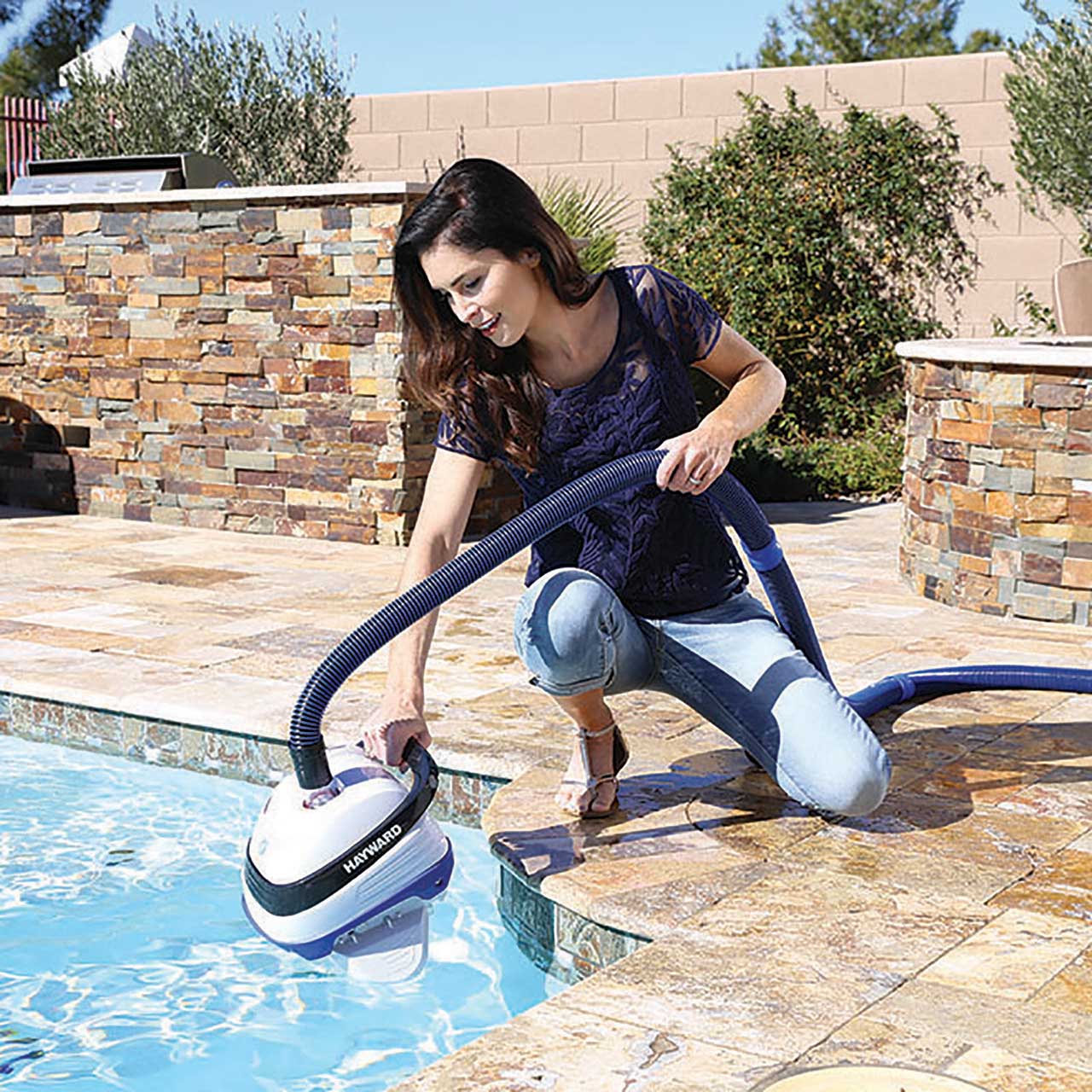It’s officially the Christmas Season! And this means that relatives and friends will come to visit more, especially that you have a pool. This means that your pool will be getting a lot of action this Christmas, and you need to make it is safe for everyone. Anyone who owns a pool knows how crucial it is to have it tested and maintained efficiently and regularly. Here is a compiled list of the main tips you need to handle the extra use of your above ground swimming pools this Christmas.
Clean Your Pool
If you don’t clean your swimming pool regularly, your swimming escapades will be met with murky water, metal stains, clogged filters, cracked pool tiles, warped liners, or calcium scale. Those are just a few of the problems that might incur expensive repairs and replacements.
Scrubbing your tiles, lights, and other spots like ladder fittings will help avoid algae growth. Do this weekly or more, since more people will be spending time at home. Remove water scale by use of a decalcifying chemical. If there is none, a sponge and vinegar solution will come in handy too.
Investing in a robotic pool cleaner is a bonus as it will climb the pool walls and clean the tiles themselves. This is an excellent option because it will save you energy, money, and time cleaning your pool and more time enjoying the pool all Christmas!
Maintaining Your Pool Parts
Pool skimmers do a great job of collecting leaves and bugs, but a good pump will circulate the water and push it through a filter that cleans your water before it enters back into your pool. Experts recommend running the pump every day to keep it in tip-top shape.
Make sure your filter is clean at all times, even before using your pool. When debris and other substances accumulate, it will fill the filter and therefore need good consistent backwashing. Having an automatic pool cover and pool enclosure is good to prevent any debris from falling into your pool and the weather from affecting your pool’s water balance and chemistry.
Test Your Water Regularly
Understanding how factors like weather, chemicals, and frequency of use change your pool water will help you choose how to fix it. The ideal pH range is 7.4 to 7.6, and going above or below this range could require the addition of a pH reducer or pH increaser. Alkalinity is what avoids spikes one way or the other in your pH level. The third level that is vital in balancing your pool water is the sanitizer level. The most popular type of sanitizer is chlorine; it helps the water maintain the proper levels for it to be safe for swimming.
Conclusion
Maintaining your pool can be rewarding when you consistently have clear waters that contain no bacteria, algae, or other substances that cause unsafe swimming. Ensure the water level is not too high and that the chlorine level and filter pressure are within a safe range. Empty the skimmer and the pump baskets if needed too. To avoid bacteria build-up, replace all the water in your pool at least every two years.








